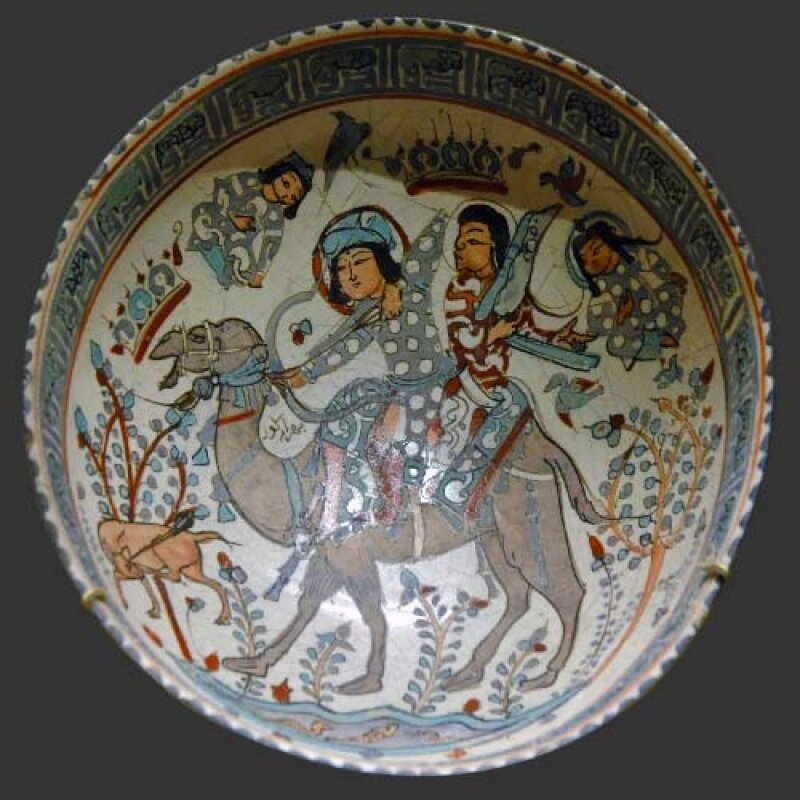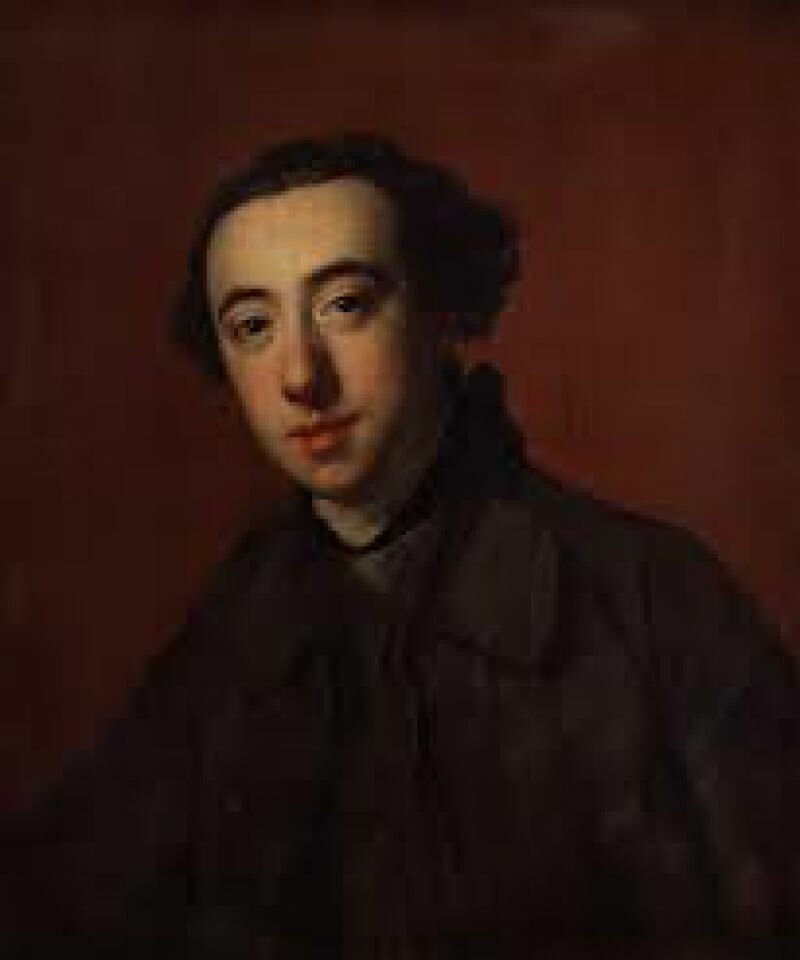
The Three Princes of Serendip
In 1754, the British author Horace Walpole invented the term serendipity, describing it as "making discoveries, by accidents and sagacity, of things not in quest of". The name Serendip refers to The Princes of Serendip, a Persian fairy-tale in which three noble Persians from Sri Lanka made all sorts of unexpected observations that all turned out to be accurate.

The Three Princes of Serendip
The modern definition of serendipity is:
1) The talent to correctly interpret an unexpected observation and 2) the fruits of this talent.
In short, serendipity is the art of finding something you weren’t looking for, or the unplanned discovery itself. These can be “coincidental” discoveries, inventions or creations from science, technology or art; as well as unanticipated thoughts. In regards to serendipity, the word coincidental doesn’t correspond to the mathematical sense of randomness. Instead, it has a psychological meaning: something “falls to you,” often while you’re looking for something different.

One of these “coincidental” observations is usually the observable result of an (at that time) unknown cause. As soon as that unknown cause becomes known, the coincidental character of the observation disappears. Practice shows that it’s useful to interpret unanticipated observations as accurately as possible, especially if they contain the possibility of uncovering something grand. These wonderful observations can be seen as enigmas, anomalies, or novelties.
An enigma comprises of a mystery that no normal theory can explain. This was the case, for example, when the ancient Greeks observed, to their surprise, that amber attracts dust. By definition, an anomaly conflicts with accepted theory. When experiments showed that uranium cores could be split, this contradicted the prevailing belief that it was impossible to divide atoms. The idea could not be understood until the previous belief was dismissed. A novelty is different and does not conflict with accepted theories. Drais’ observation that he could use the steer of his pushbike to keep his balance was well within the mechanics of his time.
The Sophists knew that it’s impossible to actively look for the unknown, because you won’t know what it is you’re looking for. After all, nothing truly new can be derived from the old, because then it wouldn’t be really new. A surprise is needed; an exceptional observer or wondrous thought is needed to find something truly unknown.
Systematic searching and coincidental finding (serendipity) do not rule one another out. They compliment and intensify each another. Unintentional discoveries tend to be by catch. Of course, as long as you’re sitting on your bottom, you won’t stumble upon anything at all.
The “coincidental discovery” is rare. More common is the “coincidental observation” that is correctly interpreted. This demands previous knowledge. After all, you have to know what to expect in order to observe the unexpected as such. And correctly interpreting this demands knowledge and experience.
So, “expect the unexpected” (freely quoted from Heraclitus). And “readiness is all!” (Shakespeare) Poe commanded: “count on the unforeseen”!
